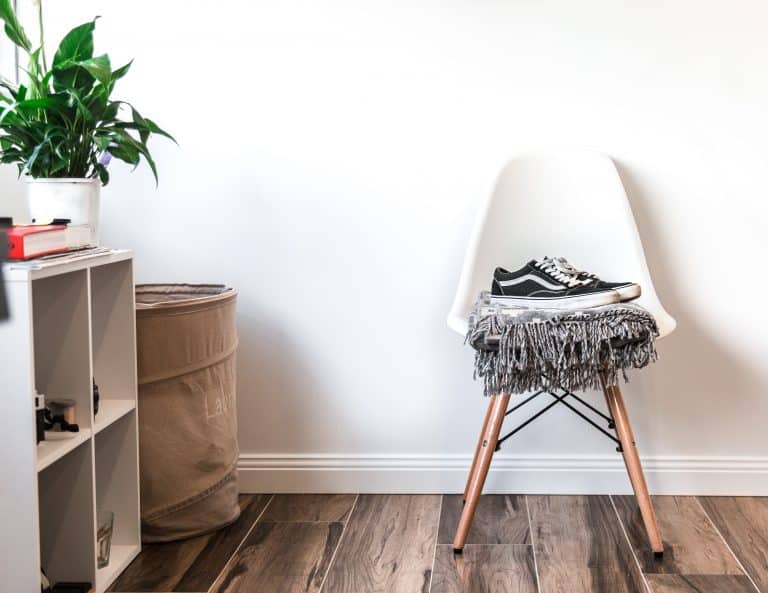Buying your first home is a big decision.
It’s exciting, of course. But for most people, buying a home can feel pretty daunting. Andd navigating the home-buying and financing process can put jitters in even the most self-assured buyer.
In the end, for most of us, all the ups and downs of the home-buying process are worth it. The feeling of turning the key and walking into your own home for the first time is nothing short of magical.
But all that magic doesn’t happen magically. The process requires a lot of preparation and work, assessment and reassessment. With this in mind, we’d like to offer you a few thoughts on how you can best prepare yourself so that the home-buying process goes as smoothly—and quickly—as possible.
Start early
Plan to start saving at least 12-months before you will actually buy a home. If you are among the few in today’s first-time homebuyer generation that’s a naturally a gifted saver, that’s great. If not, you’ll want to create a plan and a budget and start saving for your down payment and closing costs as early as possible, but no less than one year before you plan to buy. For a typical mortgage, the down payment ranges between 3.5% and 20% of the purchase price, and the closing costs are generally around 2% of the loan amount, though this figure does vary slightly depending on what type of mortgage you choose. This means that on a $250,000 loan, you will need between $15k and $55k in funds in order to qualify.
Saving is important, but it’s not the only piece of the financing puzzle for new homebuyers. Credit counts a lot these days, too. Having a lot of debt can negatively impact your credit score, and lenders look at both your credit scores and your total debt payments when they assess you for a mortgage. Part of your savings budget should include attacking your debt, particularly if your monthly debt payments will impact your ability to afford your mortgage payment (this is one key factor used by lenders to determine eligibility). Cut out the daily Starbucks to pay down the credit cards. Look at the many great options for reducing your student loan payments if you still have the same student loan rate you had in college. Student Loan Hero is a great place to start!
What can you afford? What mortgage product is right?
Be realistic about what you can afford. If your income level is pretty steady, you’ve been saving for 12 months, and have been paying down debt, then you’re ready to kick start the actual process. At this point it should be pretty easy to calculate what you can afford. We recommend using one of the many loan calculators available online. One that we like is Fannie Mae’s mortgage calculator.
Keep in mind – lower down payments aren’t always better. Often times they come with mortgage insurance and other fees. Putting 20% down is generally the best way to avoid mortgage insurance and fees. At the same time, make sure you keep some savings in the bank—you need funds that are accessible for ongoing homeownership costs, as well as a cushion if other unexpected costs arise.
To that point, it’s important to understand the costs of not just buying—but owning— a home before you buy. A good rule of thumb: On average, you’ll spend 2.5 percent to 3 percent of your home’s value annually on upkeep, repairs and maintenance, says Joseph Gyourko, professor of real estate at the Wharton School of the University of Pennsylvania. If you’re buying a $250,000 home, aim to save $520 to $625 per month for upkeep, repairs and maintenance. Add to this the cost of property taxes, homeowners insurance, homeowners association dues, and private mortgage insurance. When budgeting for a new home, think and plan for all these costs, not just the mortgage!
Bring your A game
Simply put: do your own research before speaking to anyone. Understand your target market. Speak to others in your area who have gone through the home buying process. Know who the best real estate agents and service providers are in your target market before you start reaching out. Know what questions to ask when you make that first phone call (stay tuned for our next blog post on this.) Once you engage with commission-earning individuals you may end up in a pressure environment, so the more prepared you are in advance—in terms of knowing your own financial parameters as well as well as in terms of knowing the market—the better you’ll be able to make measured and informed decisions, even under pressure.







